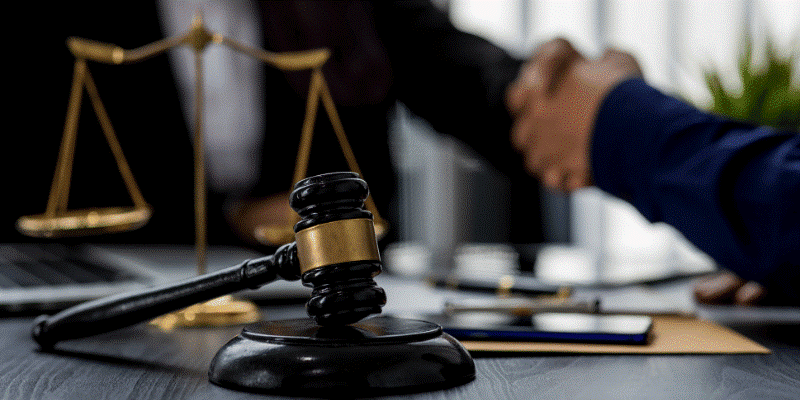How to Find the Best Personal Injury Lawyer?
Finding the best personal injury lawyer for your case is crucial to ensure you receive the compensation you deserve. Here’s an in-depth guide to help you through the process:
1. Understand Your Needs
Define Your Case: Identify the specifics of your personal injury case. This could be related to car accidents, slip and falls, medical malpractice, or other incidents.
Assess Severity: Understand the extent of your injuries and their impact on your life. This will help you communicate effectively with potential lawyers.
2. Research Potential Lawyers
Use Referrals Ask friends, family, or colleagues for recommendations. Personal experiences can provide valuable insights.
Online Directories Utilize online resources like Avvo, Martindale-Hubbell, or the American Bar Association (ABA) to find reputable lawyers in your area.
Specialization Look for lawyers who specialize in personal injury law. Their expertise can significantly impact the outcome of your case.
3. Check Credentials
Licensing: Verify that the lawyer is licensed to practice law in your state. You can check this through your state’s bar association website.
Experience: Assess the lawyer’s experience in handling personal injury cases. A track record of success is a positive indicator.
4. Read Reviews and Testimonials
Online Reviews: Check online platforms for reviews from previous clients. While not foolproof, they can offer insights into a lawyer’s reputation.
Testimonials: Request testimonials from the lawyer’s previous clients. A reputable attorney should be willing to provide references.
5. Interview Potential Lawyers
-Initial Consultation: Most personal injury lawyers offer free consultations. Use this opportunity to discuss your case and evaluate the lawyer’s expertise.
– Ask Questions: Inquire about their experience, success rate, fees, and how they plan to handle your case. Pay attention to their communication style and responsiveness.
6. Evaluate Communication
Accessibility: Ensure the lawyer is accessible and responsive. Clear communication is vital for a successful attorney-client relationship.
Explanation Skills: A good lawyer should be able to explain legal concepts in a way you understand. This is crucial for informed decision-making.
7. Consider Track Record
Success Rate: While past performance doesn’t guarantee future results, a lawyer with a history of successful cases is likely to be more competent.
Settlements vs. Trials: Understand the lawyer’s approach to settlements and trials. Some lawyers may prefer negotiations, while others are more trial-oriented.
8. Fee Structure
Contingency Fees: Many personal injury lawyers work on a contingency fee basis, meaning they only get paid if you win the case. Clarify the percentage they will take from your settlement.
Additional Costs: Inquire about additional costs, such as court fees or expert witness fees.
9. Check for Disciplinary Actions
Bar Association Records: Review the state bar association’s records to ensure the lawyer has a clean disciplinary history.
10. Trust Your Instincts:
Comfort Level: Trust your instincts after meeting with potential lawyers. You should feel comfortable discussing personal details and confident in their abilities.
Conclusion
Finding the best personal injury lawyer requires diligence, research, and careful consideration. Take your time to choose a lawyer who not only has the right expertise but also understands your unique needs and concerns. Remember that a strong attorney-client relationship is key to navigating the complexities of a personal injury case successfully.


